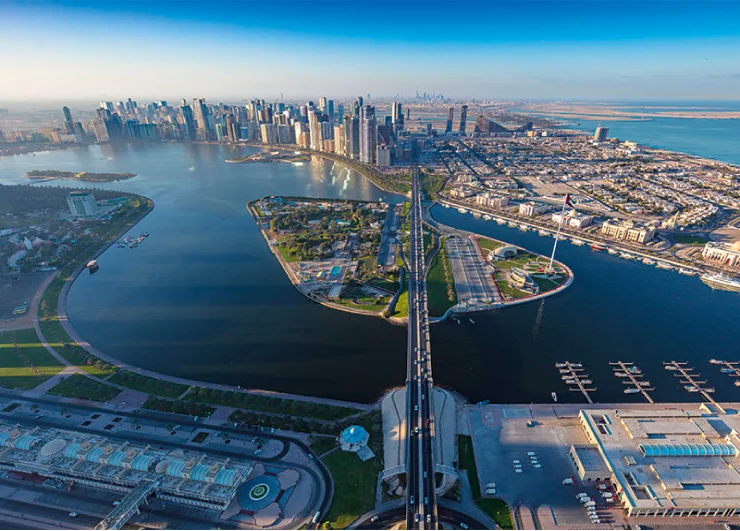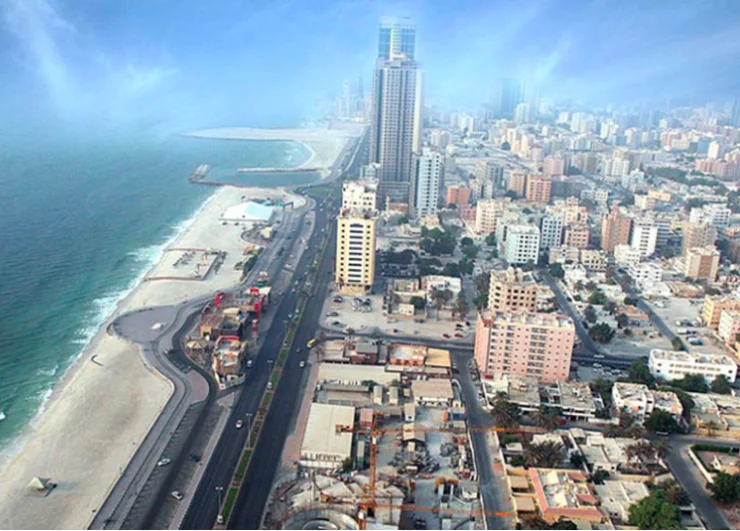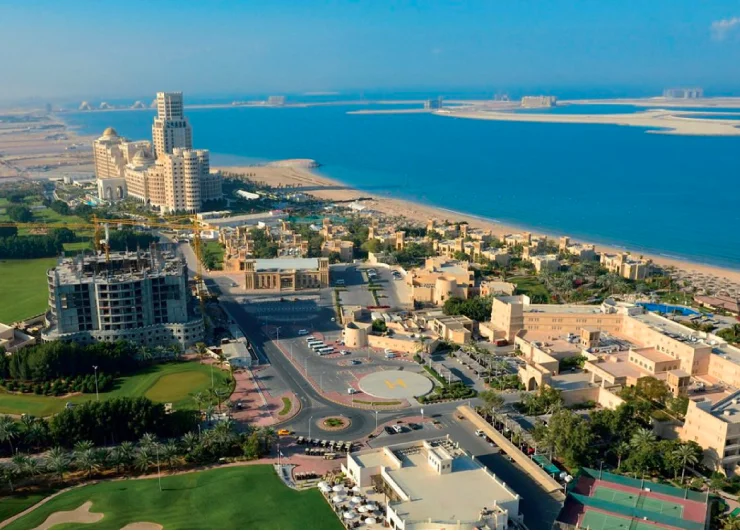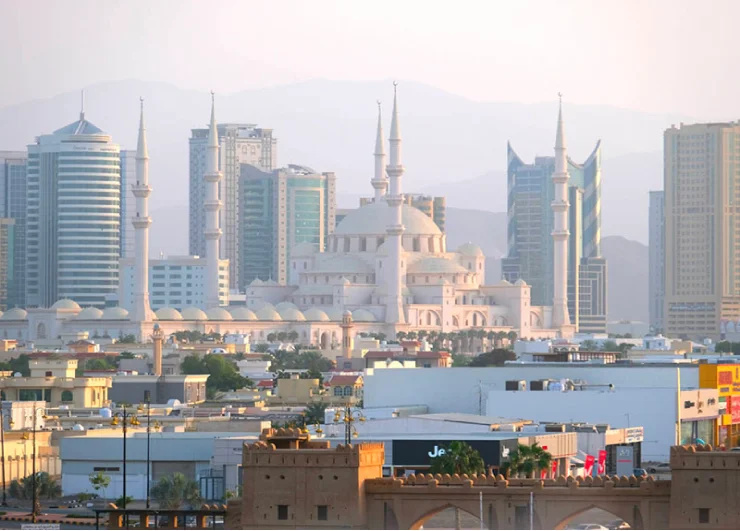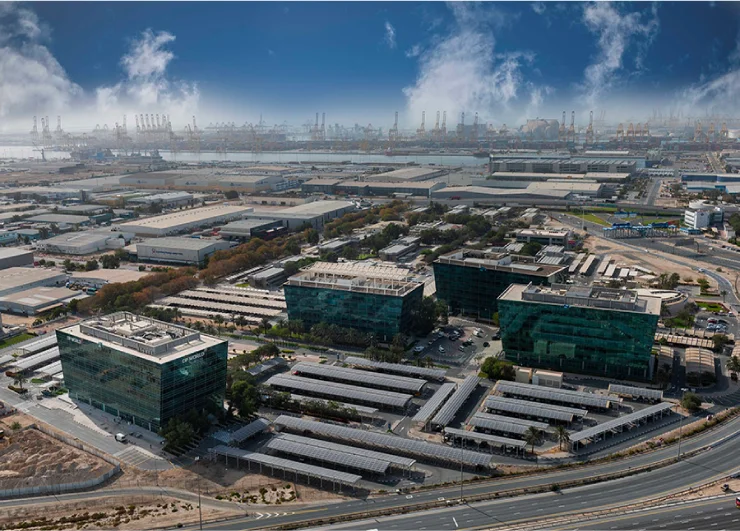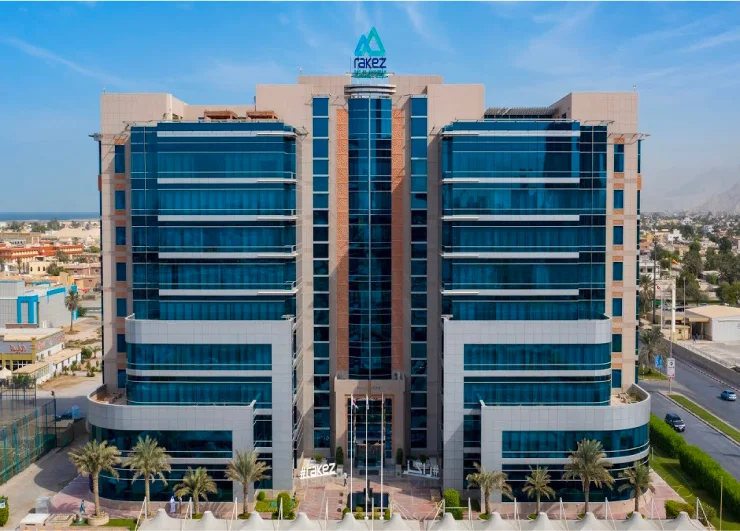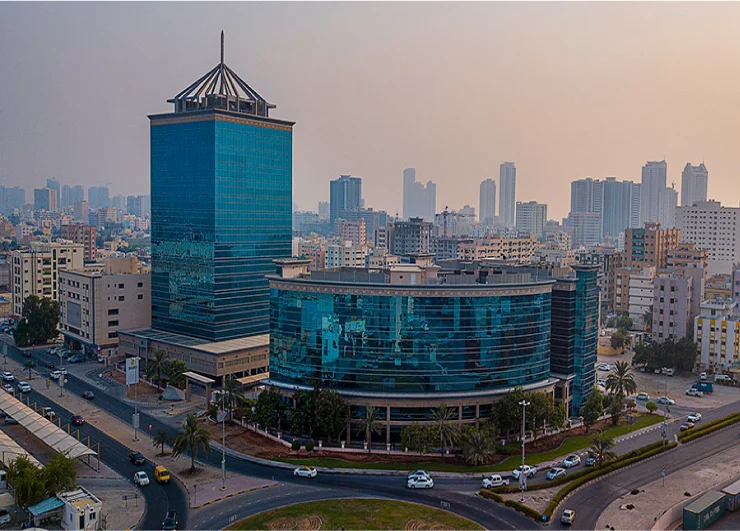[vc_row][vc_column][vc_column_text]Being the second largest economy in the Arab World, the UAE offers a lot of potential to budding entrepreneurs. Earlier it was compulsory for expatriates wanting to start a business in the country to have an Emirati sponsor who would have a 51% stake in the company. However, this has changed with the coming of UAE free zones.
What Are Freezones
Free Zones in the UAE have their own special tax, customs and imports system and are governed by their own framework of regulations (exception the UAE Criminal Law). This makes them an attractive option for foreign investors and businessmen as they can retain 100% control over their establishments.
Each Free Zone is aimed at one or some business categories and only offers licenses to companies that come under these categories. An independent Free Zone Authority (FZA) governs each free zone and issues Free Trade Zone operating licenses. The FTZ also assists companies with establishing their business in the zone.
Free zones in the UAE
The Jebel Ali Freezone Authority (JAFZA) was the first free zone to be set up in the UAE in 1985. Since then every emirate has started free zones with some operating multiple free zones. Here is the full list of 37 free zones in the country:
Abu Dhabi
- Abu Dhabi Airport Free Zone (ADAFZ)
- ADPC – Khalifa Port and Industrial Zone (KPIZ)
- Twofour54
- Industrial City of Abu Dhabi
- Higher Corporation for Specialized Economic Zones
- Masdar City Free Zone
Dubai
- Dubai Academic City
- Dubai Airport Free Zone
- Dubai Biotechnology & Research Park (DuBiotech)
- Dubai Car and Automotive City Free Zone (DUCAMZ)
- Dubai Gold and Diamond Park
- Dubai Healthcare City
- Dubai Industrial City (DIC)
- Dubai International Academic City
- Dubai International Financial Centre
- Dubai Internet City (DIC)
- Dubai Knowledge Village
- Dubai Logistics City
- Dubai Media City
- Dubai Multi Commodities Centre or Jumeirah Lakes Towers Free Zone
- Dubai Outsource Zone
- Dubai Silicon Oasis
- Dubai Studio City
- Dubai Techno Park
- Dubai Technology and Media Free Zone
- International Media Production Zone
- Jebel Ali Free Zone
- Economic Zones World
Sharjah
- Hamriyah Free Zone
- Sharjah Airport International Free Zone
- S.A. Regional Trade Center (USARTC) Free Zone
Ajman
Ras Al Khaimah
Fujairah
Umm Al Quwain
Benefits Of Freezones
There are many benefits of a free zone. Some of them are listed below:
- 100% ownership of the enterprise for expats
- 100% exemptions on import and export tax
- 100% repatriation of capital and profits
- Up to 50 years of corporate tax exemptions
- No personal income taxes
- Help with recruiting labour and additional support services like sponsorship and housing.
Freezone business setup
Investors have the option of either registering a new company as a Free Zone Establishment (FZE) or establish a branch or representative office of their existing company based within the UAE or abroad. An FZE is a limited liability company which has to abide by the rules and regulations of the Free Zone in which it is established. Apart from acquiring UAE nationality, the provisions of the Commercial Companies Law (CCL) are not applicable to FZEs as long as the Free Zones have special provisions regulating such companies.
The steps of setting up a Freezone company differ slightly according to the free zone. But here is a general rundown of the steps:
- Shareholder: It has to be first decided who will be the shareholder of the company. It could be you or a parent company. When there’s just one shareholder, it is called an FZE -Free Zone Establishment and if there are more than one shareholders it’s called an FZ LLC
- Capital: The next step is to decide the share capital for the free zone Many free zones have a minimum share capital requirement. Depending on the free zone, it could be an amount per a shareholder or as a total for the company.
- Name and Manager: You have to fix a company name and the manager for the new company. The manager’s name will appear on the business license. You have to submit three names and a choice of the final company name is made by the free zone.
- CoI and MoA: If the parent company is the shareholder then a certificate of incorporation and memorandum of association attested by the local UAE embassy must be submitted. The company should also pass a board resolution to form the free zone company in UAE with the manager’s name mentioned. The resolution must also be attested.
- Name and Activity Approval: An application for name and activity approval is made. Once this is done, a detailed application must be submitted in a week.
- Submit forms and passport copies: The application form for the free zone along with the passport copies of the shareholder and the manager must be submitted to the Free zone authorities. If the parent company is a shareholder then the attested company documents with the passport copies of the manager must be submitted. Some free zones ask for a brief business plan as well.
- Capital: Once all these documents are submitted, a preliminary approval is granted and a letter to open a bank account is issued for the investor to deposit the capital. The capital must be maintained until the trade license is issued.
- Complete Registration: When the capital is deposited, the bank issues a letter that has to be shown to the Free Zone authorities to complete the legal process of registration. To complete this step, license and registration fees must be paid, a lease deed has to be signed, the Memorandum of association for the new company has to be signed and a resolution is sent to the subscribers. The manager authorized to sign on behalf of the investors must sign all the legal documents
- Start operations: Once the registration process is completed the license is issued and you are ready to start the operations.
Cost of setting up
The cost of setting up a free zone company varies in different free zones. But generally, it will comprise of a one-time registration fee, yearly renewal fees, yearly rent and miscellaneous expenditures like telecommunication, post box, card charges, etc.
Conclusion
Setting up a free zone company has many benefits. However, there are some limitations which a consultant from Prime Global will be able to guide you through. The most suitable business model for your company will depend on your needs, business activity, and expansion plans[/vc_column_text][/vc_column][/vc_row]



